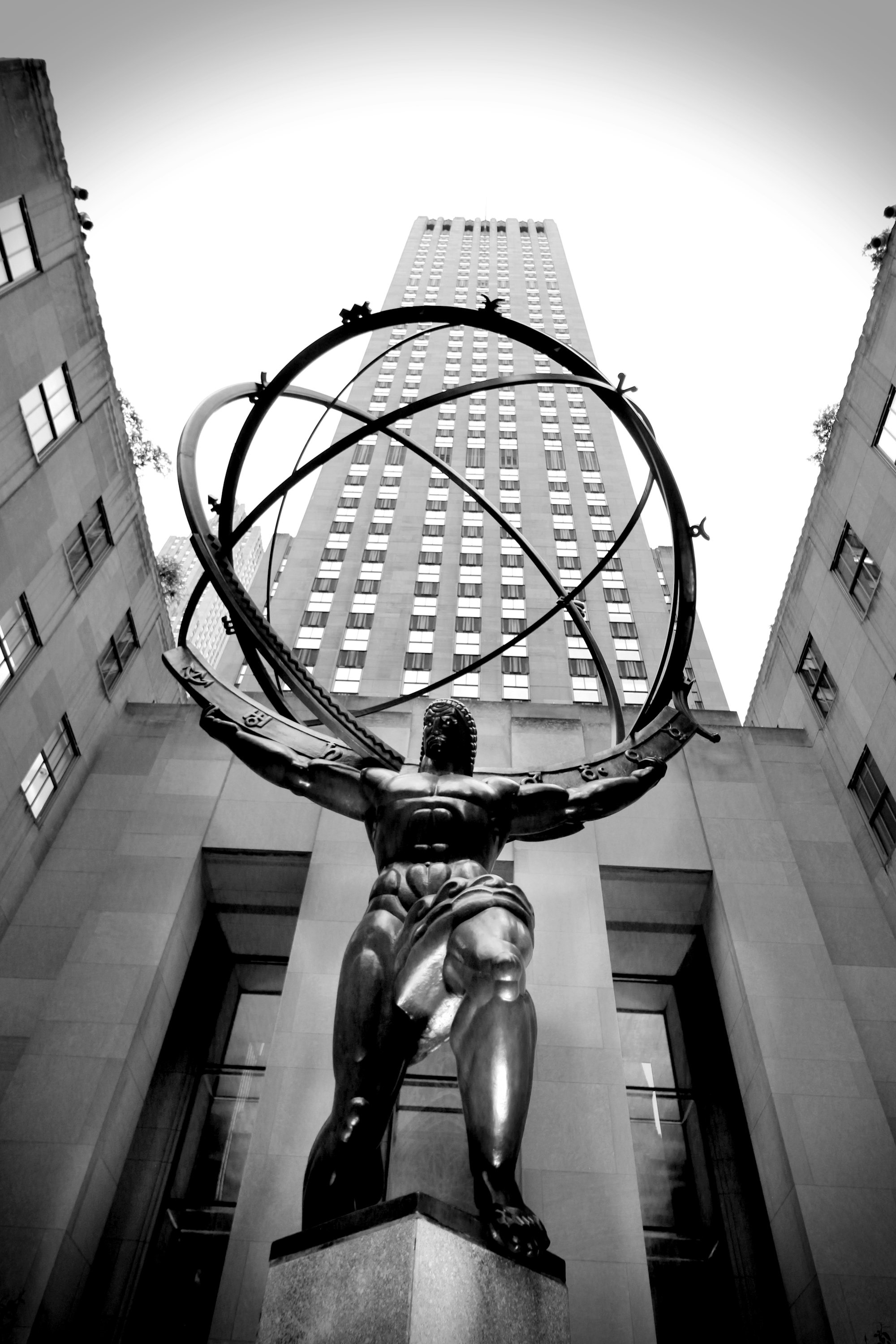On Burdens: Kay Ryan, "Atlas"
"Extreme exertion / isolates a person / from help, / discovered Atlas."

A few things we should talk about
The semester is in full swing. I'm still looking for a place to live while trying to get into a routine with grading, writing, taking care of my health, and reaching out to others. Without further ado, a few things we should talk about (and that I might blog about later):
- Burger King worker gets candy for 20 years of service - we talked about this in my classes. One student wondered if the worker had a pension and the rest of the room looked at them. I can tell you my students are keenly aware of the nature of employment in the U.S. and they are not happy.
- Noah Lyles questioned the NBA 'world champions' label - I know, another NPR link, but they are on fire right now. This is another item I brought up in class. How does being an American lend itself to one's confidence? Do we rightly assume we compete against the best of the best? Is that what matters in the end?
Kay Ryan, "Atlas"
"Extreme exertion / isolates a person / from help, / discovered Atlas." "Extreme exertion / isolates" is already too much, a world and then some. I think of how extreme exertion directly isolated me. How, once, I wanted the books I read to be an answer key for life. How, in doing so, I became oblivious to people hitting on me.
Atlas (from Poetry) Kay Ryan Extreme exertion isolates a person from help, discovered Atlas. Once a certain shoulder-to-burden ratio collapses, there is so little others can do: they can’t lend a hand with Brazil and not stand on Peru.
But I also remember how I overexerted myself to belong (not sure about the past tense here). I desperately wanted to be decent at basketball in middle school. That failed in so many ways; I'm not at all sure how I could have been successful. To start, I never got better because I didn't understand the game. I spent hours throwing up shots with terrible form. I didn't really know how to do a layup or effectively pass, either. Only now do I know I couldn't possibly get better without lots of instruction, and to get that instruction I would have had to belong in the first place. "Extreme exertion / isolates" because you've been isolated. The door is not only closed, but invisible. Your efforts are the equivalent of bouncing a ball against a wall, alone.
What about Atlas' discovery? I feel like if I were some sort of god, I would not get tricked into holding up the planet for eternity. But Atlas is a Titan--he's not just any god, but a primal force--and his brute strength, you could say, is strength itself. Strength with no proper end, with no specific goal, is a trap. An extreme exertion which isolates.
The moral is clear, but how to apply it? Literally everything in this hyper-capitalist, hyper-competitive world requires extreme exertion. Often, we have to work to know. We have to work and risk being trapped like Atlas. Right now, I'm dealing with a few people who have been out of the job market for years. It's near impossible to explain to them the complex of pressures a job thrusts upon you. Sure, they respond, it's all fake! You can walk away any time! When you leave, you won't feel anything you're feeling! My response to them: not really! Once you're aware of how much good or harm an institution can do, you're obligated to engage that complex of pressures. Maybe even uphold it, as if dropping it could cause great harm.
Atlas, you'll note, up-lifts. Others want to help him, but can't. "Extreme exertion / isolates" because moral purpose is a species of it.
We should talk a bit about moral purpose. How one’s own power and one’s own detriment are intertwined.
Some don’t want to watch another superhero movie in their lives, but “with great power comes great responsibility” is wise. It’s remarkable in its directness and thoughtfulness. Brian Michael Bendis in a New Avengers comic has Spider-Man spell out for a younger hero what exactly it meant for him. She confronts him with her anger, her confusion over all the half-truths from self-styled gurus. He tells her “with great power comes great responsibility.” He confesses that he spent a lot of time wondering about his power, feeling cursed by it. As a result, he failed to act, and he lost people he loved.
The burden is too much. Accepting it overloads you. Atlas, perhaps, shows both these things.
